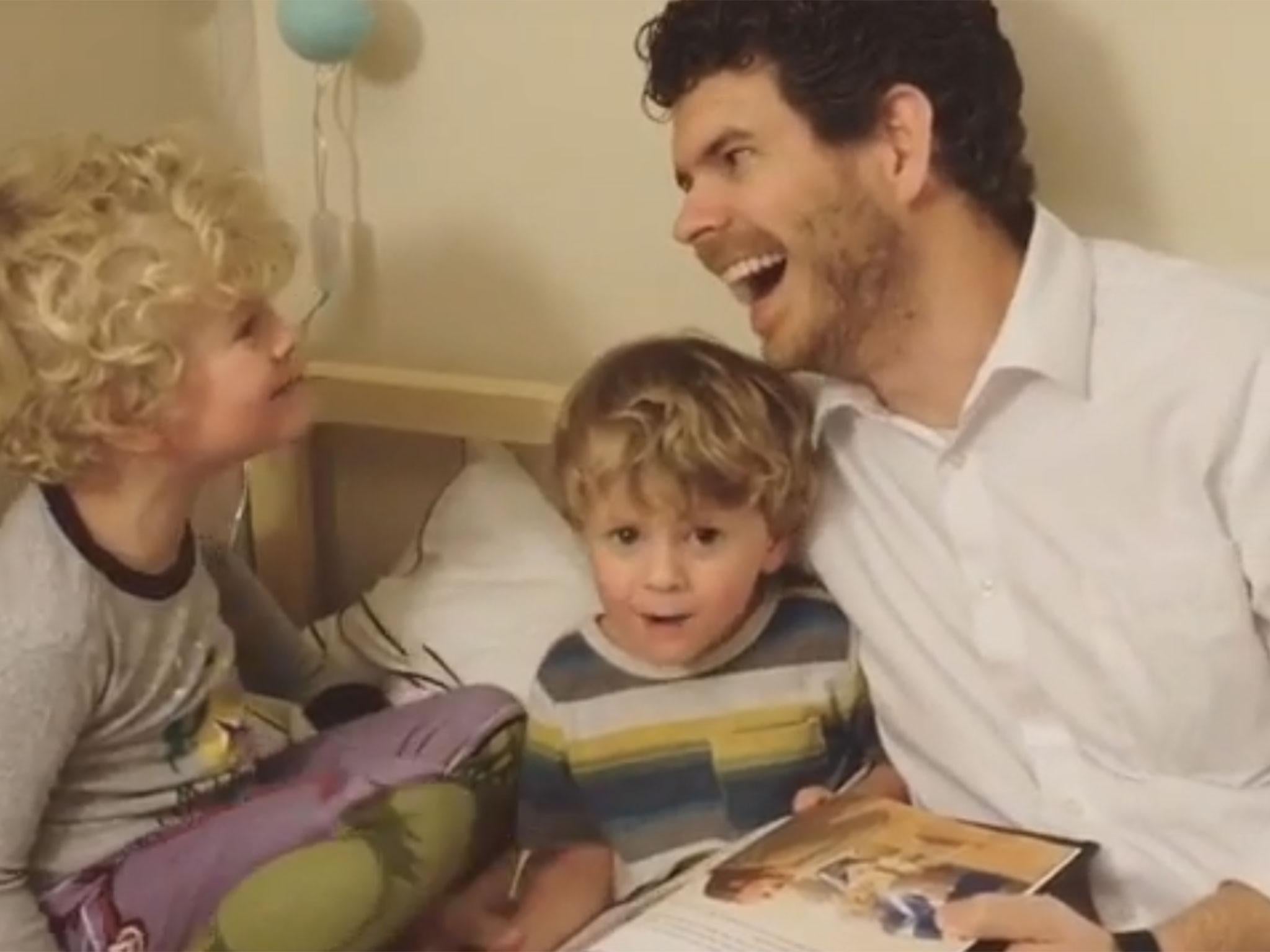'Please, keep beating little heart': Man gives raw account of wife's miscarriage and fears for new unborn child
'This experience is different than the rest of my 'big boy' responsibilities...'

Your support helps us to tell the story
From reproductive rights to climate change to Big Tech, The Independent is on the ground when the story is developing. Whether it's investigating the financials of Elon Musk's pro-Trump PAC or producing our latest documentary, 'The A Word', which shines a light on the American women fighting for reproductive rights, we know how important it is to parse out the facts from the messaging.
At such a critical moment in US history, we need reporters on the ground. Your donation allows us to keep sending journalists to speak to both sides of the story.
The Independent is trusted by Americans across the entire political spectrum. And unlike many other quality news outlets, we choose not to lock Americans out of our reporting and analysis with paywalls. We believe quality journalism should be available to everyone, paid for by those who can afford it.
Your support makes all the difference.After Levi Benlap's wife miscarried last year, the couple felt scared and alone. At first hesitant to share their story, the entrepreneur has decided to open up about the incident in a raw blog post, now that the couple are expecting again.
The post on the blogging site Medium recounts how the 31-year-old and his wife, whom he does not name, struggled to cope with a miscarriage while caring for their two young sons.
It begins with Benlap describing how he and his wife were “excited, and scared” when a doctor told them she is pregnant almost exactly a year after she had a dead foetus removed from her body.
He goes on to recall the day they learned his wife was “12 weeks pregnant, but the baby is only 10 weeks old” because its “heart stopped beating two days ago”.
A “helpless” Benlap described how he had to juggle caring for his “tortured” wife, and his two young sons - too young to understand the situation - who “giggle” and “will not sleep”.
“We know the doctor is going to remove the failed contents of the uterus, but we don’t understand how until she turns on the vacuum.
"So loud. So blunt. My wife erupts with violent sobbing," he writes of the moment the doctor performs the dilation and curettage, or D&C, and removes foetus. The couple sit in silence. He is then taken aback when his wife then asks to see the foetus.
“The doctor returns and asks, 'Are you sure you want to see it?' She then pulls a little bag of flesh out that fits nicely in the palm of her hand. She shows us lower limbs, the curved spine, the heart cavity, and the head. She tells us there is not much brain matter for a 10-week baby."
Benlap goes on to admit that he feels “grown up” following the miscarriage, and despite being married and the father of two boys he writes the ordeal was “hard”, “scary” and “unexpected.”
"This experience is different than the rest of my big boy responsibilities.
“Please, keep beating little heart,” he begs he and his wife's unborn child.
Benlap's attempt to break taboos surrounding miscarriages reveals the impact they have on couples as a unit, but also the partners of women individually.
His post comes after Facebook CEO Mark Zuckerberg opened up about his wife Priscilla's miscarrages in July 2015 following the birth of their first child.
"We've been trying to have a child for a couple of years and have had three miscarriages along the way. You feel so hopeful when you learn you're going to have a child. You start imagining who they'll become and dreaming of hopes for their future. You start making plans, and then they're gone. It's a lonely experience," Zuckerberg wrote in a Facebook post.
A recent study at UCL found that 85 per cent of 160 partners surveyed by researchers felt sad following a miscarriage, but 46 per cent of those did not share their feelings with the woman in fear of causing further distress.
At the time, Ruth Bender Atik, the national director of the Miscarriage Association, told The Telegraph that partners “often feel invisible” and that “friends and family often ask how the woman who has miscarried is coping, but never think to ask her partner.”
Join our commenting forum
Join thought-provoking conversations, follow other Independent readers and see their replies
Comments